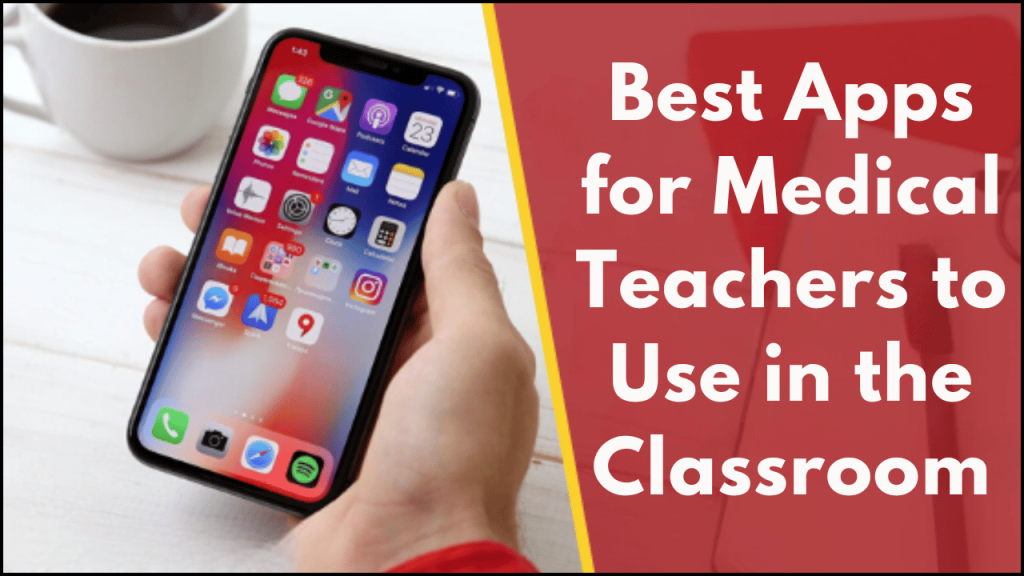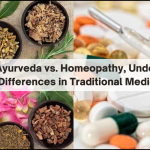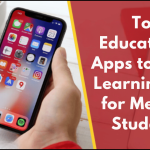
Medical education has evolved significantly with the rise of technology. Today, medical teachers have access to multiple educational apps that can enhance the learning experience for students. These apps help in visualizing complex medical concepts, conducting virtual dissections, sharing resources, and even assessing students’ understanding. Here, we explore some of the best apps that medical teachers can use in the classroom to make learning more interactive and efficient.
1. Complete Anatomy
Best for: 3D anatomical visualization
Complete Anatomy is one of the most advanced 3D anatomy platforms available for educators. It offers highly detailed, interactive anatomical models that allow students to explore the human body in a way that traditional textbooks cannot. Teachers can manipulate structures, dissect layers, and annotate specific areas to provide a hands-on learning experience.
2. VisualDx
Best for: Medical diagnosis and case-based learning
VisualDx is a diagnostic clinical decision support system that enhances the way medical students learn about diseases and conditions. It includes a vast image library of various medical conditions and allows educators to create case-based learning modules. This app is particularly useful in teaching dermatology, infectious diseases, and pathology.
3. Medscape
Best for: Medical references and drug information
Medscape is an essential app for both medical students and teachers. It provides detailed information on diseases, drug interactions, and treatment guidelines. Medical educators can use it as a reference tool to ensure they provide the latest, evidence-based information to students.
4. TeachMe Anatomy
Best for: Simplified anatomy learning
TeachMe Anatomy is an easy-to-use app that provides concise, well-structured notes along with high-quality illustrations. It’s a great resource for medical teachers looking to simplify complex anatomy topics for students. The app also includes quizzes to help reinforce learning.
5. Figure 1
Best for: Sharing real-life medical cases
Figure 1 is like Instagram for medical professionals. It allows medical educators to share real-world clinical cases while maintaining patient confidentiality. Teachers can use this app to expose students to real-life case studies and encourage discussions on diagnoses and treatment options.
6. Human Anatomy Atlas 2023
Best for: Virtual dissections
Human Anatomy Atlas is another excellent app that offers 3D models of the human body. It is a great tool for medical teachers, especially when physical cadavers are not available. The app allows students to perform virtual dissections and explore the human body in great detail.
7. Prognosis: Your Diagnosis
Best for: Case-based learning
Prognosis is a medical app that presents students with simulated clinical cases to solve. Medical teachers can use this app to test students’ diagnostic skills and encourage critical thinking. The app provides immediate feedback and explanations, making it an effective learning tool.
8. UptoDate
Best for: Evidence-based medicine
UptoDate is widely used by medical professionals to stay updated with the latest research and treatment protocols. For educators, this app serves as an invaluable tool to ensure that they are teaching the most current and reliable medical information to students.
9. OSCE Trainer
Best for: Clinical skills and exam preparation
OSCE Trainer is designed to help students prepare for Objective Structured Clinical Examinations (OSCEs). Medical teachers can use this app to structure practical sessions, provide guidance on clinical scenarios, and assess students’ practical skills.
10. Lecturio Medical Education
Best for: Video lectures and quizzes
Lecturio offers a vast collection of video lectures by renowned medical educators. Teachers can integrate these videos into their lesson plans to provide students with a more comprehensive understanding of medical topics. The app also includes quizzes and spaced repetition tools to reinforce learning.
11. Notion
Best for: Organization and resource sharing
Medical teachers need a tool to organize lecture notes, research materials, and student assessments. Notion is a great app for keeping everything in one place. It allows educators to create shared workspaces where students can access study materials, assignments, and collaborative projects.
12. Kahoot!
Best for: Gamified learning and quizzes
Kahoot! is an interactive app that allows teachers to create engaging quizzes and games for students. In medical education, it can be used to test students on anatomy, physiology, pharmacology, and pathology in a fun and competitive way.
13. Quizlet
Best for: Flashcards and revision
Quizlet is a popular app for creating and using flashcards. Medical teachers can create custom flashcard sets for students to help them revise medical terms, drug names, and disease classifications effectively.
14. Epocrates
Best for: Drug information and interactions
Epocrates is a trusted medical reference app that provides detailed drug information, including interactions and side effects. Teachers can use it in pharmacology lessons to teach students about medications and safe prescribing practices.
15. Anki
Best for: Spaced repetition learning
Anki is a powerful tool for long-term retention of medical knowledge. Medical teachers can create and share decks of flashcards to help students memorize essential information effectively using the spaced repetition technique.









